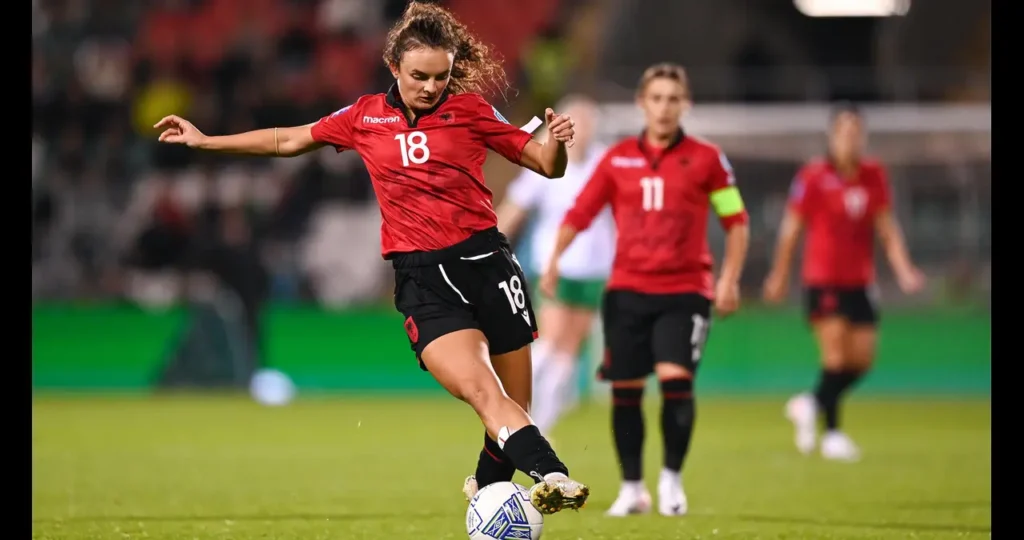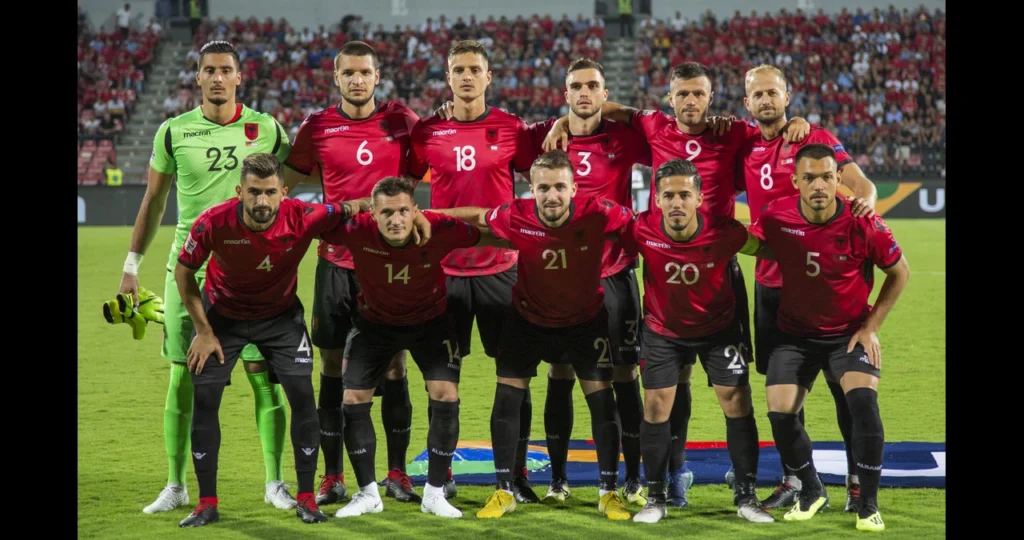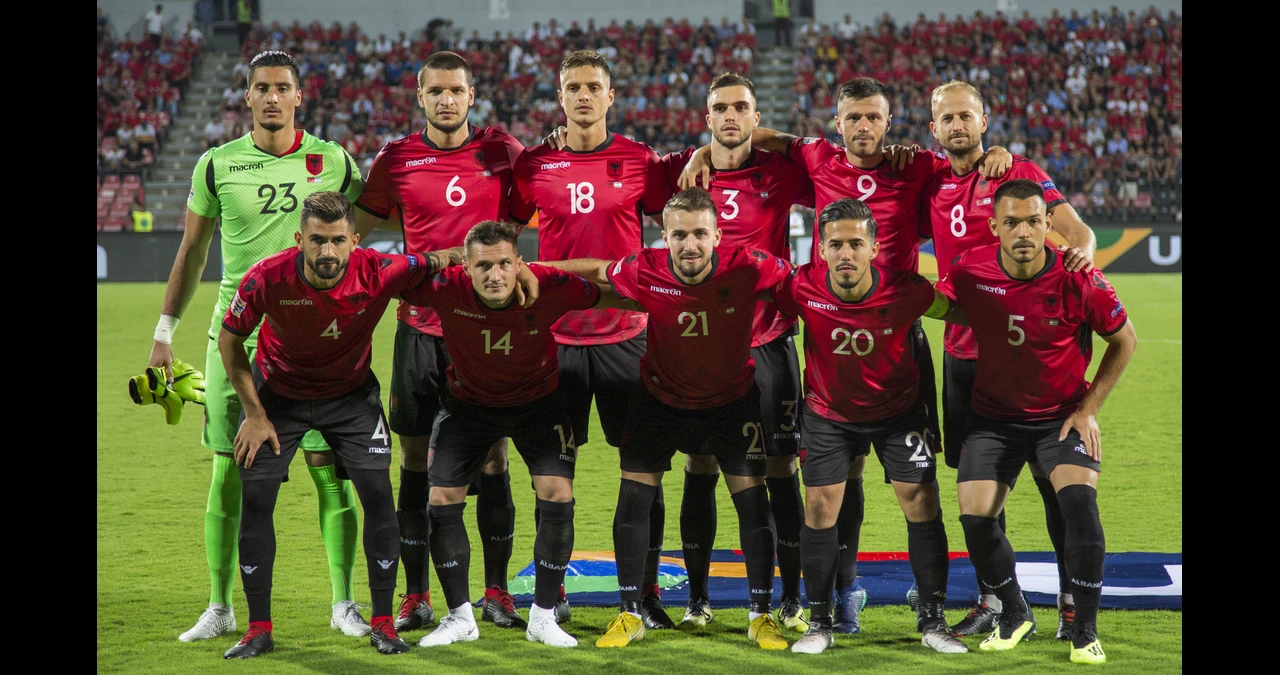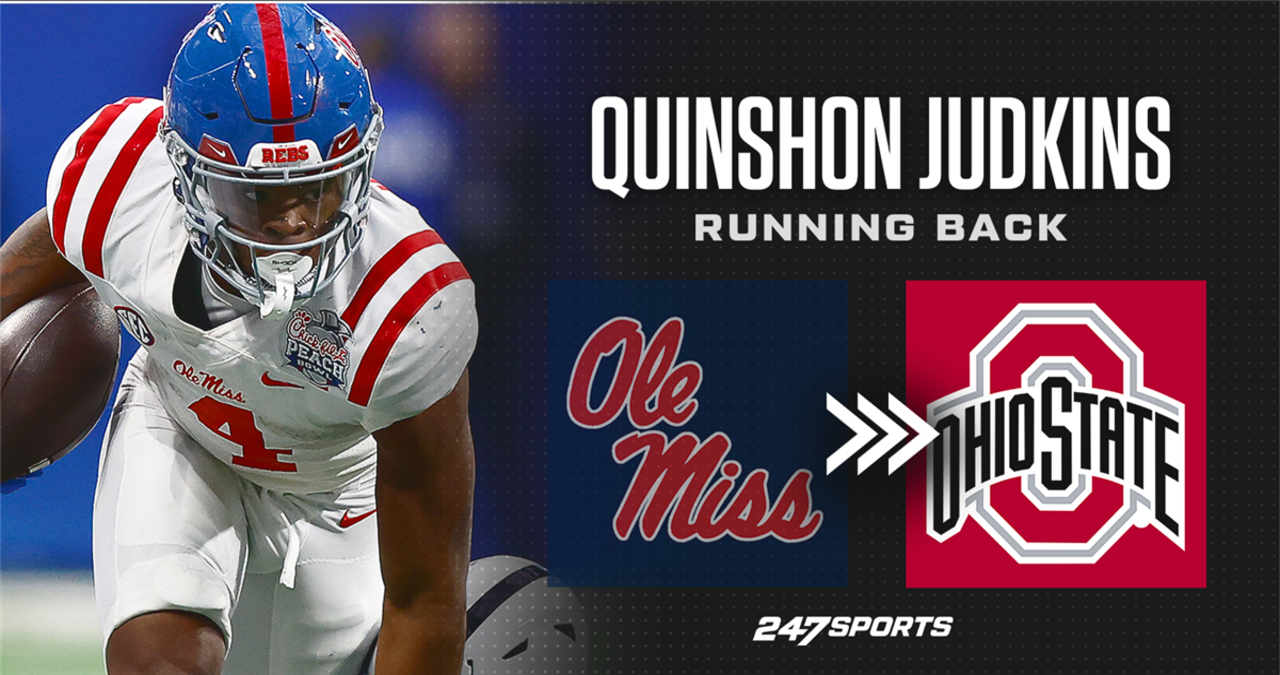Introduction
The Albania National Football Team has carved out a unique and compelling story within European football. With roots stretching back to the early decades of the twentieth century, the team represents more than sport—it embodies national pride, perseverance, and an enduring love for the beautiful game. Today, Albania stands as a testament to the passion and dedication that drive smaller footballing nations to challenge bigger rivals and surprise the world.
Historical Roots and Early Years
Albania’s journey in international football began long ago, with its earliest recorded matches reflecting a team finding its way on the global stage. From those initial friendly games to stepping into regional competitions, the focus was on growth. Talent was raw, infrastructure modest, and experience limited. Yet, the resolve to foster a competitive squad was present from the start.
In those early years, the footballing landscape in Albania was defined by passionate local leagues and community support. Players often juggled football with other professions, playing more for love than livelihood. These foundations built a sense of unity and resourcefulness that would serve the team well in future decades, paving the way for the national side to develop a distinct identity rooted in resilience and team spirit.
Evolution Through the Decades
As football across Europe advanced, so did Albania’s ambitions. Over time, the national team moved beyond local enthusiasm, committing to infrastructure, coaching, and youth development. The construction of modern stadiums and the adoption of better training facilities marked significant progress, enabling players to hone their skills in a more professional environment.
Coaching expertise was brought in, and tactical knowledge was expanded. As coaching standards rose, the national squad began competing more effectively in qualifying campaigns for major tournaments. While results didn’t always reflect progress immediately, each campaign built upon the last, incrementally boosting confidence, cohesion, and experience.
Landmark Achievements and Tournament Debuts
One of the most celebrated chapters in the story of the Albania national football team is qualification for its first major tournament. That milestone signified a true coming of age for the side. The buildup to that moment was punctuated by memorable wins—many away from home—that captured global attention.
During the tournament itself, Albania played with heart, drawing praise for spirited performances that defied expectations. Though the team didn’t reach the knockout rounds, the impact was profound. It marked the start of a new era: one where Albania would be taken seriously on the European stage and emerge as an inspiring example of underdog resilience.
Style, Philosophy, and Squad Composition
The Albania national football team is defined by a blend of rugged discipline, tactical awareness, and flashes of creative brilliance. Their philosophy reflects a no-nonsense approach, rooted in defensive solidity and quick transitions. Wing play and counterattacks often feature heavily, allowing pacey attackers to exploit space left by opponents.
Squad composition reflects this identity. A mix of homegrown talent and dual-nationality professionals—many from European leagues—brings versatility and depth. Those with Albanian heritage, raised or born abroad, often bring exposure to high-level football cultures, big-league professionalism, and a strong sense of pride in representing their ancestral homeland.
Key Players Who Left a Mark
Over the years, certain players have stood out as icons of the Albania national football team. Their leadership, skill, and dedication have not only impacted results but become symbols of national pride.
One such player became synonymous with grit and leadership, guiding teammates through tough fixtures and instilling belief. Another brought flair and technical excellence, acting as the creative engine that lifted the team’s attacking play. Young talent has continued to emerge, ensuring a bright future and continuity of ambition.
Coaching and Tactical Evolution
The national side’s development has been guided by coaches who understood both the limitations and strengths of the squad. Each brought nuanced tactical changes—from compact defensive structures to aggressive pressing systems. These adjustments helped Albania adapt to different opponents and competitions.
As the team progressed, so did its ability to control games, exploit counterattacks, and remain resilient under pressure. Coaching finesse became as important as player ability, and tactical maturity helped Albania punch above its weight in European qualifiers and friendlies.
Competition in European Qualifiers
Albania’s qualifying campaigns have seen them face some of Europe’s most storied teams. Matches against decorated football nations tested their consistency and character. While victory was elusive in some fixtures, even securing draws signaled progress.
Keeping pace in a group with established powers required tactical discipline and mental strength. Alongside tighter results, Albania also earned surprise wins against higher-ranked opponents—credit to organization, preparation, and team unity.
Rivalries and Regional Pride
Albania’s football story is rooted in pride and passion, often ignited when facing regional neighbors or traditional rivals. These encounters carry more than sporting significance: historical, cultural, and emotional narratives add an extra layer of intensity. Fans at home and abroad turn out in full force, draping flags over balconies and filling stadium stands.
That charged atmosphere reflects more than Albania National Football Team competition. It reminds players—and supporters—that winning for Albania carries deep meaning, resonating far beyond the final whistle. In these moments, the national team becomes a symbol of unity and shared identity.


The Fan Culture and Diaspora Connection
One of the most special aspects of the Albania national football team is its diverse fan base. Across the country and within a global diaspora, supporters carry a shared passion for the team. In stadiums from Tirana to London to Toronto, the team is met with chants, flags, and unwavering belief.
Social media channels amplify this connection. Fans share matchday rituals, historical photos, and passionate messages. Community screenings bring people together, and national pride pulses through every goal, every save, every heartbeat.
Challenges: Infrastructure and Development
Despite its progress, Albanian football continues to face challenges. Investment in youth academies, coaching, and domestic leagues remains an ongoing need. Improving facilities in all regions, and expanding access to professional coaching, will be vital for nurturing the next generation of talent.
Enhancing the domestic league can attract better-quality coaching and create competitive environments that prepare players for international duties. While promising strides have been made, sustainable development requires long-term planning and coordinated effort.
Youth Pathways and Future Talent
Recognizing the importance of youth development, Albania has invested in academies and pathways for emerging players. Small-scale, local projects now support young talent in gaining technical skills and professional habits. Collaboration with clubs in major European leagues further strengthens pathways for dual-nationality players.
The aim is to create a self-sustaining pipeline: a domestic league that develops strong players, complemented by diaspora players who bring experience from abroad. The result: a richer talent pool that sustains the national side’s momentum for years to come.
Tactical Identity and Coach Influence
Over time, the national side’s tactical identity has matured. Coaches have emphasized a physical style, strategic positioning, and quick transitions. In the defensive third, Albania often maintains structure; in the final third, it seeks pace and efficiency.
This playing style reflects both player strengths and tactical intent. The team isn’t chasing possession but carefully manages phases of play. The philosophy—rooted in collective discipline and targeted attacking—embeds national traits: determination, effort, and unity.
Training Regimes and Preparation
Training at the national level involves meticulous planning. Knowing limited preparation time, coaches maximize squad sessions with tactical drills, video analysis, and physical conditioning. National team camps become intense workshops: more than conditioning—they’re opportunities to craft identity and foster togetherness.
Players returning from European leagues adapt to the team’s values. Foundations are reinforced: unity, discipline, pressing structure. This preparation helps ensure cohesion and identity, even when players spend most of the year apart.
Memorable Matches and Moments
The journey of the Albania national football team has been highlighted by unforgettable matches—upsets, comeback draws, dramatic qualifiers. These moments live on in highlight reels and fan memories. One iconic victory against a formidable rival stands out, declared by fans as defining for its belief and execution.
Cup competitions and friendlies have also offered glimpses of strong play, with Albanian players scoring brilliant goals or producing match-winning performances. These moments fuel enthusiasm, amplify the team’s profile, and write enduring chapters in national football history.
Support Infrastructure: Federation and Investment
The Albanian Football Federation has played a key role in supporting the national team. Increased investment—though modest compared to larger nations—has funded training facilities, coaching programs, and youth competitions. Sponsorship and partnerships have further boosted resources.
However, sustainable success demands ongoing development. Continued improvements in infrastructure, governance, and revenue generation will define national-level competitiveness. The federation’s strategic vision includes upgrades to stadiums, improved scouting networks, and more professional management at all levels.
Cultural Impact and National Identity
The national team’s influence extends beyond the pitch. It has become a cultural symbol—an expression of unity, ambition, and pride. During major campaigns, the country pulses with excitement. Roads, cafes, and public squares fill with fans watching matches together, creating national moments of cohesion and celebration.
Albanian football has inspired music, art, and community events. It brings generations together—from grandparents remembering first trips to the stadium, to kids discovering the joys of cheering on their heroes. The team’s journey has become woven into the cultural fabric of the nation.
Future Outlook: Goals and Ambitions
Looking ahead, the Albania national football team set clear ambitions. The primary goal remains to qualify for major tournaments rhythmically and competes as equals once there. Building on past successes, the focus is on sustainable pathways, domestic progress, and global talent integration.
Securing coaching excellence and club-level development is equally important. The federation envisions stronger domestic competition, wider scouting across the diaspora, and academy investment. These elements will help maintain forward momentum and build a foundation for ongoing achievement.
Conversations in Football Communities
Among fans and experts, discussions often revolve around how much further Albanian football can evolve. Questions are asked about the next generation of coaches, the league’s competitiveness, and the further integration of overseas talent. Social media buzzes with critical analysis, hopeful speculation, and eager support.
A recurring theme is unity—between domestic and foreign-based players, between federation and clubs, between fans and the team. That sense of shared purpose could be the competitive edge that helps Albania emerge as a consistent force on the European stage.
Challenges Ahead
No football journey is without hurdles. Albania continues to face issues—funding, uneven youth systems, and gaps in coaching. Balancing domestic development with overseas opportunities requires thoughtful strategy. While raising revenue through partnerships and facilities improvements helps, reforms and accountability are also essential.
Yet, if the team can retain discipline, drive, and unity, these challenges become stepping stones rather than obstacles. The spirit that brought historic achievements today holds promise of greater ones tomorrow.
Frequently Asked Questions (FAQ)
What is the FIFA world ranking of Albania?
FIFA world rankings fluctuate based on recent match results. To find Albania’s current ranking, consult official FIFA listings or your national football sources.
When did Albania make its first appearance in a major tournament?
Albania’s first participation in a major continental tournament happened relatively recently. The achievement surprised many and energized the football community in the country.
Who is Albania’s all‑time leading goal scorer?
The top goal scorer for Albania has consistently been a player known for clinical finishing—someone who often featured in both qualifiers and tournament matches, scoring crucial goals at big moments.
Do players from the diaspora help the national team?
Yes. Many players born or raised abroad, especially in European countries, have chosen to represent Albania. They bring excellent training backgrounds and professional attitudes, enhancing the depth and quality of the squad.
What are the main colors and symbols used by the national team?
The team proudly wears red and black—colors that echo the Albanian flag. Symbolism includes the double-headed eagle, a national emblem that carries centuries of history and pride.
What is their home stadium?
Albania plays home matches in modern venues that reflect national ambition. Renovations and upgrades have been made to meet international standards and accommodate growing crowds.
How can I follow Albania’s matches?
Matches are broadcast on national channels and streamed online. Fans can also track fixtures and results via official federation websites and social media channels dedicated to the national team.
Quick Bio Table
| Attribute | Value |
| Full Name | Albania national football team |
| Governing Body | Albanian Football Federation |
| Established Early | twentieth century |
| First Tournament | Appearance Recent European continental tournament |
| Team Colors | Red and Black |
| All‑Time Top | Scorer National forward with numerous goals |
| Home Stadium | National stadium in the capital |
| Coaching Philosophy | Disciplined, tactical, counter‑attacking |
| Major Achievements | First tournament qualification and notable wins |
| Future Goals | Regular qualification and the strong tournament run |
Final Thoughts
The story of the Albania national football team is one of perseverance, unity, and belief. From humble beginnings to surprise qualifications, the team has embodied the passion of a nation and the promise of a brighter future. Each match paints a vivid picture of determination—the countless hours of training, collective ambition, and shared dreams of a country united by football.
As the squad builds on its foundations, marries domestic and diaspora talent, and raises the bar for infrastructure and coaching, the future looks bright. That unwavering Albanian spirit—deeply rooted in history, nurtured by struggle, and lifted by triumph—will continue to guide the team forward. Whether facing regional rivals or challenging Europe’s giants, the national side brings heart, pride, and the potential to write even greater chapters in its history.



